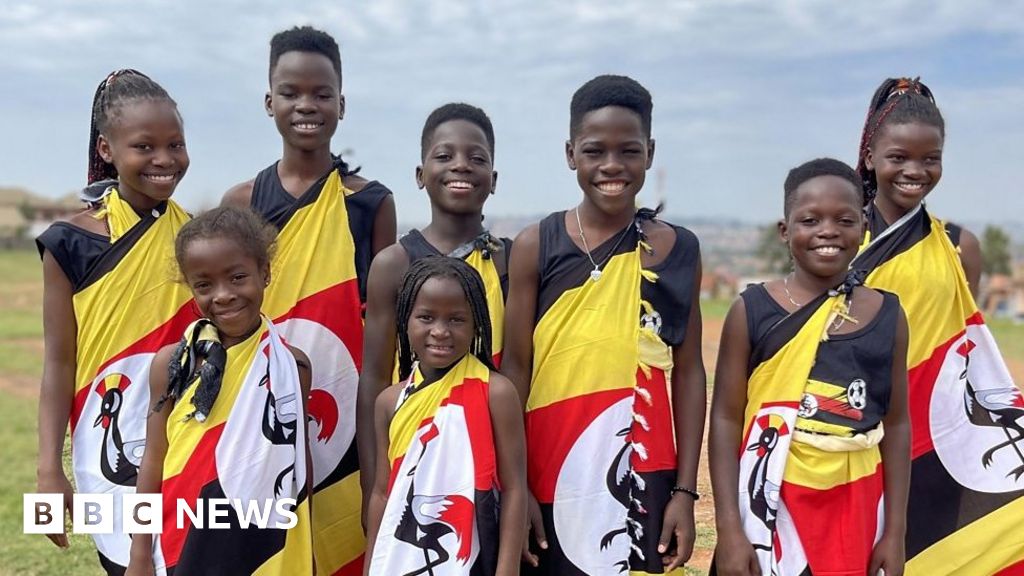A group of Ugandan children are poised for success after making it all the way to the finals of the popular UK talent competition Britain's Got Talent, where they charmed the judges and the audience with their dazzling dance moves and upbeat personalities.
They are the first act to ever receive a "golden buzzer" from one of the judges before their performance was even complete, so they have already made history. They received the most public votes during the semi-final on Wednesday, which advanced them directly to the final and placed them among the 10 acts competing in the final on Sunday.
The six youngsters, who range in age from five to thirteen, all come from low-income families in Kampala, the capital of Uganda. Their guardian-turned-manager Dauda Kavuma took them in and provided for them there.
He told the BBC that he hoped their success would inspire other kids in comparable situations.
"We are so happy to continue doing this and giving all the ghetto, underprivileged, and less privileged kids in the world hope that they can succeed in life. ".
The Ghetto Kids are a global internet sensation who performed at the Qatar 2022 World Cup while also gaining a new audience in the UK.
The BBC was told by one of the contestants, 13-year-old Priscilla Zawedde, that "a bigger house for everyone" would result from winning the TV contest and the £250,000 ($313,000) prize money.
Currently, about 30 kids live together in a five-bedroom home Kavuma is caring for in Kampala.
In 2007, he established the Inspire Ghetto Kids Foundation to provide for street kids in the Makindye neighborhood of Kampala. He told the AFP news agency that having a larger home would be "a dream" because the kids would have more space.
At the moment, they rely on contributions from well-wishers, money made from social media posts, and money made from live performances.
A man who saw Kavuma playing football and asked him if he wanted to go to school gave him a second chance after discovering that he had also spent his early years living on the streets.
He allowed me to join his team and assisted me in covering my school expenses. He was a person who supported me despite not knowing me. As a result, I made a promise to myself that day that I would strive to assist a child someday when I grew up, Kavuma told the BBC.
He eventually changed to music, though, and is now using it to change the lives of others.
"The majority of people assumed that they were children on the streets. have no worth in society, but I had another opinion," he told AFP.
He says: "I asked myself, 'What if I use music, dance, and drama to change the underprivileged in the ghettos?'".
Following the death of his father, 13-year-old Akram Muyana said that dancing had always been his way of escaping reality.
"I feel so happy and my stress disappears when I dance. I began dancing in churches to earn money to give to my mother so she could buy me clothes and food. ".
This is the second generation of Kavuma's Ghetto Kids to achieve international fame; the first generation was discovered dancing to "Sitya Loss" by Ugandan singer Eddy Kenzo and amassed millions of YouTube views.







